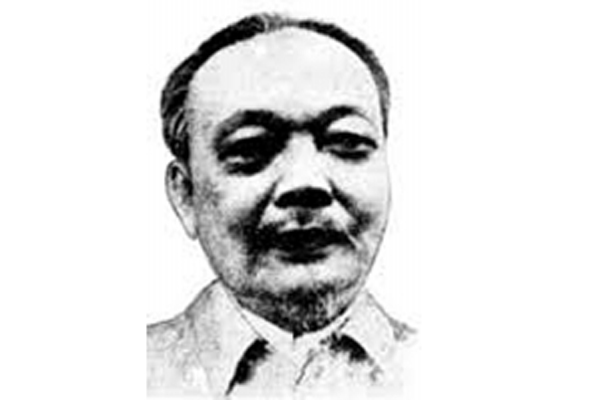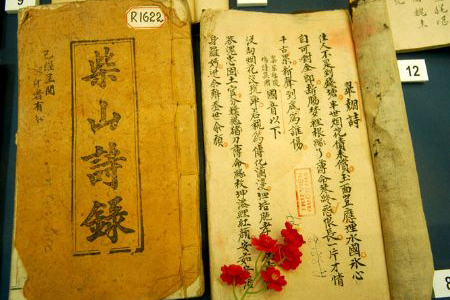The Vietnam Association of Historical Sciences has just commemorated the 20th anniversary of the death of Tran Van Giap whose half-century work was a considerable contribution to Vietnamology.
A French-trained librarian and solidly grounded Sinologist, Giap combined all the qualities of Far-Eastern humanities and Western scientific research.
Born to a Confucian educated family, Giap got the usual dose of instruction in Chinese characters, but by the time he passed his triennial examination, French colonialism had firmly established itself He therefore had to turn to Franco-Vietnamese education.
A clerk at the library of the I’Ecole Francaise d’Extreme Orient in Hanoi, Giap was sent to France to work as a translator and copyist. His stay enabled him to attend courses at the I’Ecole Pratique des Hautes Etudes de Sorbonne and I’lnstitut des Hautes Etudes Chinoises de Paris (Bibliography Section). He also studied Chinese civilisation at the Faculte des Lettres of the Paris University and experimental phonetics at the College de France.

Giap returned at the age of 34 to continue his work at I’Ecole Francaise d’Extreme Orient, now given the charge of the Han, Nom section and ancient Chinese documents. Giap took part in the two wars of resistance as a researcher, professor and historian.
His first accomplishment was Connaissance du fonds Han-Nom. Needless to say the hook is a great contribution because it deals with a cultural treasure of the country.
Until the appearance of Nom in the 14th century, all documents in Vietnam had been written in Chinese characters, or Han. Vietnamese scholars, basing themselves on the Chinese writing, invented a simpler form to transcribe the Vietnamese language phonetically, Nom.
What Giap did was to make an inventory of existing documents in Han and Nom and analyzed them after making serious text logical research. His work is of great help for research in history, literature, philosophy and other disciplines.
After sixty years the value of the thesis Giap wrote for his graduation from the Sorbonne Ecole Pratique des Hautes Etudes in 1932 remains intact. Based on careful comparison of Vietnamese and Chinese sources le Buddhism en Annam, des Origines au XIIIe Siecle reconstructs the history of Vietnamese Buddhism from its origins to the formation of different sects before the Tran Dynasty.
Giap’s Thien Uyen Tap Anh (Anthology of the Thien Garden) is another fundamental document for the study of Vietnamese Buddhism until the Ly Dynasty.
His posthumous writings show his tireless effort in deciphering ancient texts on stelea and bells, which is very useful in the study of the history of many temples.
Of a more entertaining vein is Giap’s Etude Sommaire des Concours Triennaux, des Origines au Concours de Mau Ngo en 1918, published in 1941. As Giap himself sat for the Mau Ngo exam, the book is a first-hand account of how intellectuals were trained in the old days.

